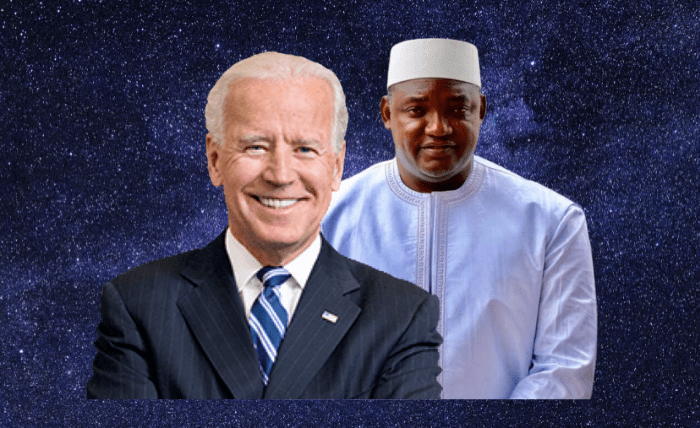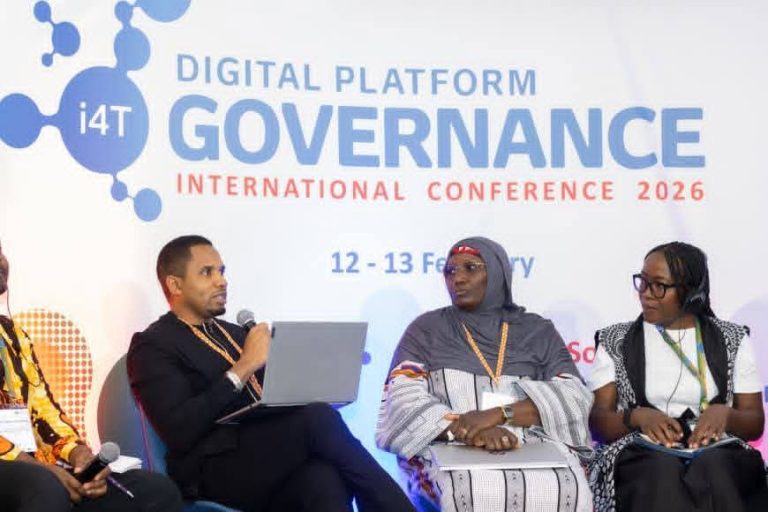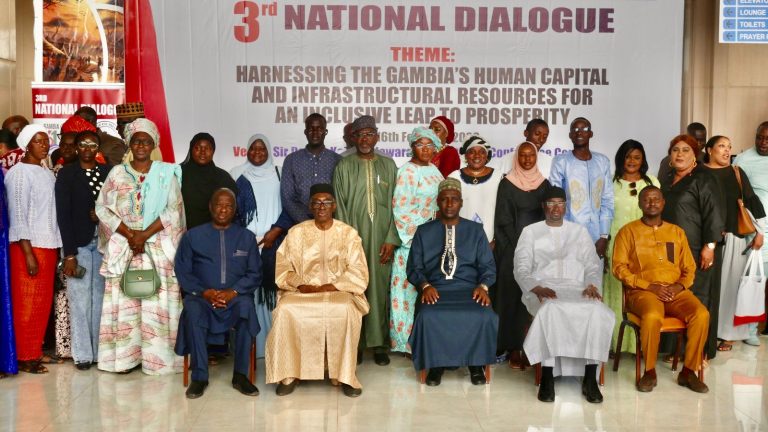
President Joseph R. Biden of the United States made the announcement at the U.S. Africa Leaders Summit that the Millennium Challenge Corporation (MCC) Board of Directors had chosen The Gambia, Togo, Senegal, and Mauritania to develop new MCC grant programs.
He also praised the agency for its historic new regional partnership. President Biden stated, “Today, the Governments of Benin and Niger signed their first-ever Regional Transport Compact with the Millennium Challenge Corporation.” The MCC has announced new investments in Africa totaling nearly 1.2 billion dollars since the beginning of my administration. In fact, the MCC recently announced partnerships with four African nations. These partnerships include first compacts with The Gambia and Togo to encourage economic growth, a compact with Senegal to strengthen regional ties, and a threshold program with Mauritania to support democratic governance and pursue policy reform to spur economic growth.
Through the Partnership for Global Infrastructure and Investment, we are contributing to global initiatives with these MCC investments. MCC’s Board, chaired by U.S. Secretary of State Antony Blinken, selected The Gambia and Togo as eligible to develop compacts, MCC’s five-year grant program that focuses on large-scale infrastructure investments and addresses policy and institutional reforms, at its annual “selection” meeting last week. Additionally, the Board selected Senegal for a threshold program and Mauritania for a concurrent regional compact. Threshold programs are MCC’s smaller grant program for countries that may not yet meet MCC’s strict compact eligibility criteria and want to support policy and institutional reforms that address the factors limiting a country’s economic growth. 2 MCC’s Chief Executive Officer Alice Albright stated, “Today’s announcement is symbolic of both the United States’ enduring commitment to Africa and MCC’s dedication to creating a stronger, more resilient global community.” Each country’s aspiration or commitment to democratic principles, as well as their intentions to make the investments and institutional changes necessary to build a more prosperous future for their communities, are confirmed by our Board’s selection of these nations. The MCC Board’s decision comes at a critical time, and we look forward to developing a program with each nation to address their economies’ most pressing issues. Since our organization was established in 2004, MCC has invested $9.5 billion in 24 African nations. Since then, MCC has been a consistent partner with governments across the continent.
MCC now has programs in 14 African countries that are active, with compact and threshold programs worth $3 billion and additional $2.5 billion in the works. The MCC Board re-selected Côte d’Ivoire as eligible for a concurrent regional compact program in addition to selecting countries for new grant programs; Zambia, Mozambique, and Sierra Leone for compact development; and Kiribati for the development of the threshold program.
Additionally, the Board reiterated its support for Belize’s compact development. Throughout the course of creating and implementing a compact or threshold program, MCC conducts regular assessments of the policy performance of the partner nations it works with. On its Who We Select website, you can learn more about MCC’s selection procedure.
The Thousand years Challenge Enterprise is an autonomous U.S. government office attempting to diminish worldwide neediness through monetary development. MCC was established in 2004 and provides grants and limited assistance to nations that meet stringent requirements for good governance, combating corruption, and respecting democratic rights.




